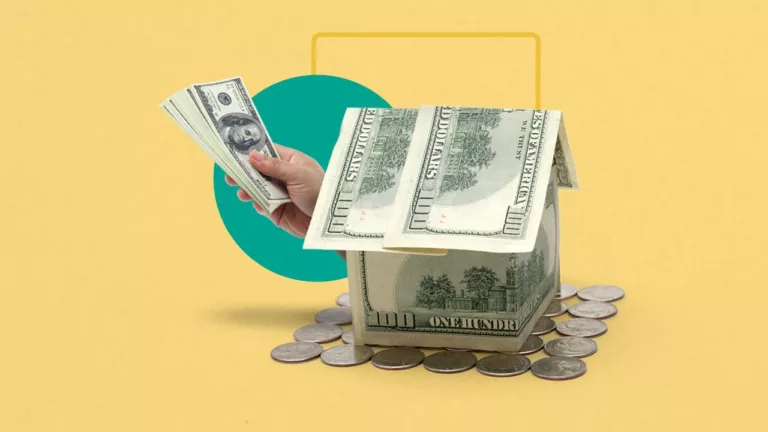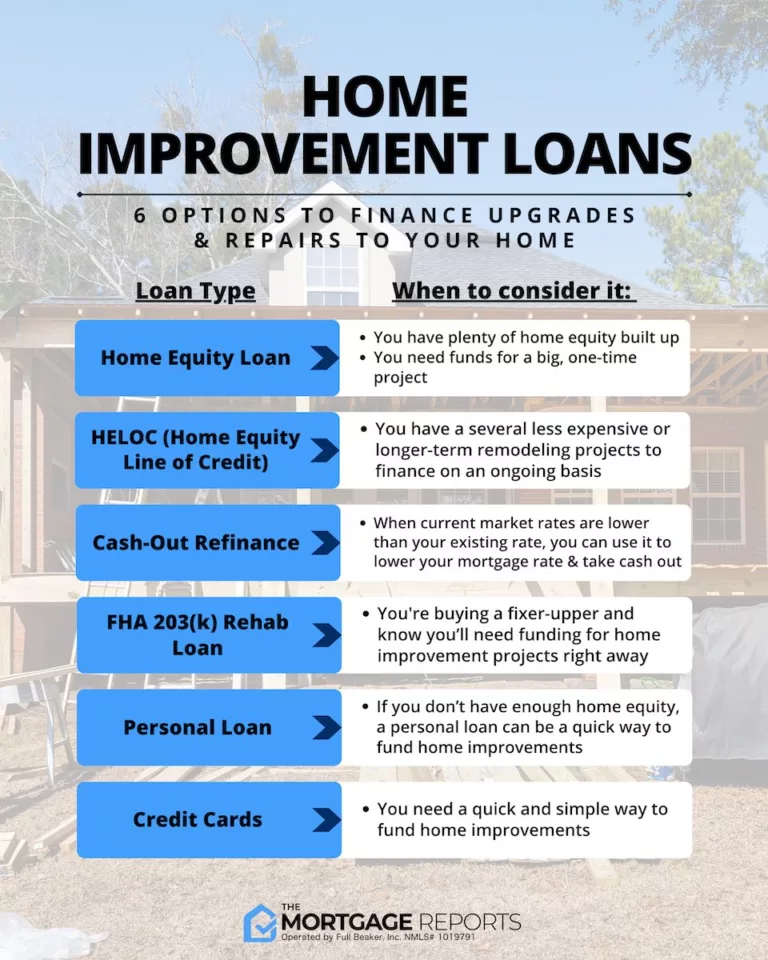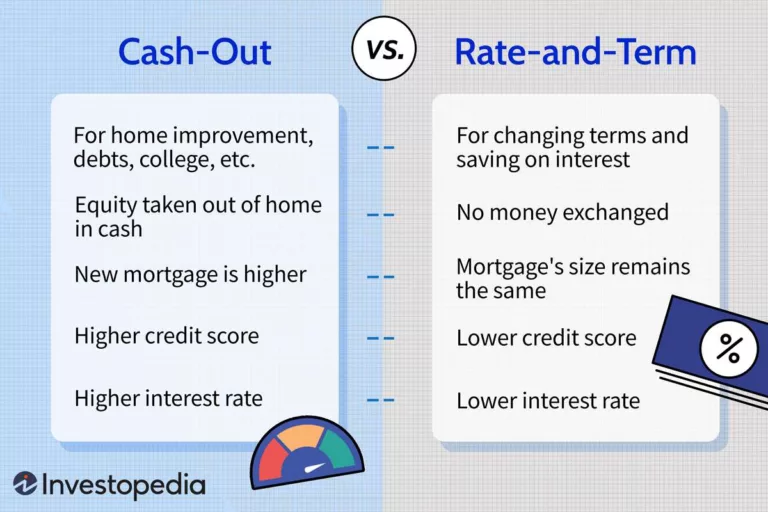Can I Get a Mortgage With Bad Credit in Canada: Expert Tips and Solutions
Yes, it is possible to get a mortgage in Canada even with bad credit. Getting a mortgage with bad credit in Canada may be challenging, but there are lenders who specialize in providing mortgage options for individuals with poor credit scores.
These lenders evaluate other factors such as employment history and income stability to determine eligibility. While the interest rates may be higher and the loan terms less favorable than for those with good credit, it is still possible to secure a mortgage and purchase a home in Canada with bad credit.

Credit: www.facebook.com
Understanding Credit Score And Its Impact On Mortgage Eligibility
When it comes to applying for a mortgage in Canada, your credit score plays a crucial role in determining whether or not you’ll be approved. Lenders use your credit score to assess your creditworthiness, financial stability, and ability to repay a loan. In this article, we will delve into the concept of credit score and its impact on mortgage eligibility in Canada.
What Is A Credit Score?
A credit score is a three-digit number that represents your creditworthiness. It is calculated based on your credit history and provides lenders with an indication of how likely you are to repay your debts. In Canada, credit scores typically range from 300 to 900, with higher scores indicating lower credit risk. A higher credit score increases your chances of being approved for a mortgage, while a lower score can make it more challenging to secure financing.
Why Is Credit Score Important For Mortgage Applications?
Your credit score is an essential factor for lenders when assessing your mortgage application. It helps them determine the level of risk associated with lending you money. Lenders prefer borrowers with higher credit scores as they are deemed more reliable and responsible in managing their finances. A higher credit score can also result in better mortgage terms, such as lower interest rates and more favorable loan conditions.
Minimum Credit Score Requirements For Different Mortgage Types
Each mortgage type in Canada has its own minimum credit score requirements. Understanding these requirements is crucial when considering your eligibility for a mortgage with bad credit.
| Loan Type | Minimum Credit Score |
|---|---|
| Conventional | 620+ |
| High Ratio (CMHC insured) | 580+ |
| Alternative | 500+ |
For a conventional mortgage, the minimum credit score requirement is typically 620 or above. If you’re applying for a high ratio mortgage, which is insured by the Canada Mortgage and Housing Corporation (CMHC), the minimum credit score requirement is generally 580 or higher. Alternative mortgage options are available for individuals with credit scores as low as 500, but they typically come with higher interest rates and stricter terms.
It’s important to note that while these are the minimum credit scores required, meeting these thresholds is not a guarantee of mortgage approval. Lenders consider various other factors alongside credit scores, such as income, employment history, and debt-to-income ratio.
In conclusion, your credit score greatly influences your eligibility for a mortgage in Canada. Maintaining a good credit score demonstrates financial responsibility and increases your chances of securing a mortgage with favorable terms. However, even if you have bad credit, there are still options available. It’s crucial to work on improving your credit and exploring alternative mortgage options to increase your chances of homeownership.
Challenges Of Getting A Mortgage With Bad Credit
Trying to secure a mortgage with bad credit in Canada can be challenging. Lenders often view bad credit as a risk, making it more difficult to secure a loan. However, with the right strategies and expert guidance, it is still possible to get a mortgage even with a less-than-perfect credit score.
Higher Interest Rates And Limited Options
When it comes to obtaining a mortgage with bad credit in Canada, you are likely to face several challenges. One major hurdle is the higher interest rates and limited options available to individuals with less-than-ideal credit scores.
Due to the increased risk associated with lending to borrowers with bad credit, lenders often charge higher interest rates to compensate for the potential default. This means that if you have a low credit score, you may end up paying substantially more in interest over the course of your mortgage term.
Moreover, the limited options can significantly impact your chances of securing a mortgage. Many traditional lenders may be hesitant to approve your application, leaving you with fewer choices. This can make the process of finding a suitable mortgage lender more challenging and time-consuming.
Stricter Lending Criteria And Qualifications
Another challenge you may encounter when seeking a mortgage with bad credit in Canada is the stricter lending criteria and qualifications set by lenders. To mitigate the risk associated with bad credit borrowers, lenders often establish more rigorous requirements to ensure they lend to individuals who are capable of meeting their financial obligations.
These stricter criteria and qualifications may include a higher minimum credit score, a lower debt-to-income ratio, and a more in-depth scrutiny of your financial history. Meeting these stringent requirements can prove to be difficult for individuals with bad credit, further limiting their options for obtaining a mortgage.
Down Payment Requirements
In addition to higher interest rates and stricter criteria, bad credit borrowers may also face higher down payment requirements when applying for a mortgage in Canada. Lenders may require a larger down payment as a way to reduce their risk and establish confidence in your ability to repay the loan.
This means that you would need to accumulate a significant amount of money upfront, which can pose a challenge for individuals who may already be struggling with their credit. The higher down payment requirement can further narrow down your options and make it more difficult to find a suitable mortgage lender.
Overall, the challenges of getting a mortgage with bad credit in Canada are substantial. From higher interest rates and limited options to stricter lending criteria and qualifications, as well as increased down payment requirements, it can be a complex and arduous process. However, with the right approach and guidance, it is still possible to secure a mortgage even with bad credit.
Expert Tips To Improve Credit Score Before Applying For A Mortgage
Improve your credit score before applying for a mortgage with these expert tips. Even with bad credit in Canada, there are ways to increase your chances of getting approved for a mortgage.
Reviewing Credit Report And Correcting Errors
Reviewing your credit report is an essential first step in improving your credit score before applying for a mortgage. Your credit report reflects your credit history, including past debts, payment history, and any outstanding balances. It is important to carefully review this report to identify any errors that might be negatively impacting your credit score.
To correct any errors on your credit report, you can follow these steps:
- Contact the credit bureau to dispute any inaccurate information.
- Provide supporting documents or evidence to back up your claim.
- Monitor the status of your dispute and ensure corrections are made.
By taking the time to review your credit report and correct any errors, you can prevent these inaccuracies from negatively affecting your credit score and your chances of getting approved for a mortgage.
Making Timely Payments And Reducing Debt
One of the most significant factors affecting your credit score is your payment history. Lenders want to see that you can responsibly manage your debts and make payments on time. By consistently making timely payments, you can demonstrate your financial responsibility and improve your creditworthiness.
To ensure timely payments:
- Set up automatic payments or reminders to avoid missing deadlines.
- Pay at least the minimum amount due on all your debts.
- Prioritize paying off high-interest debts first to reduce overall debt.
Reducing debt is another crucial step in improving your credit score. By lowering your debt-to-income ratio, you can show lenders that you can effectively manage your finances and are less likely to default on a mortgage.
Establishing A Consistent Credit History
In addition to reviewing your credit report and making timely payments, establishing a consistent credit history is key to improving your creditworthiness. Lenders want to see that you have a history of responsible credit usage and repayment.
To establish a consistent credit history:
- Open a credit card or utilize existing ones responsibly.
- Maintain low credit card balances and avoid maxing out your credit limits.
- Keep older credit accounts open, as they contribute to the length of your credit history.
- Avoid applying for multiple new credit accounts within a short period of time, as it can be seen as a red flag by lenders.
By following these expert tips, you can improve your credit score before applying for a mortgage in Canada. Remember to review your credit report, correct any errors, make timely payments, reduce debt, and establish a consistent credit history. These actions will demonstrate your financial responsibility and increase your chances of getting approved for a mortgage with bad credit.

Credit: www.chase.com
Alternative Mortgage Solutions For Bad Credit Applicants
Looking to secure a mortgage in Canada with bad credit? Don’t worry, you may have more options than you think. While traditional lenders may be more hesitant to provide financing to individuals with a less-than-ideal credit history, there are alternative mortgage solutions available. In this article, we will explore some of these options for bad credit applicants, including working with specialized lenders and mortgage brokers, considering government-backed mortgage programs, and exploring rent-to-own options.
Working With Specialized Lenders And Mortgage Brokers
If you have bad credit and are in need of a mortgage, working with specialized lenders and mortgage brokers can be a smart move. These professionals have access to a network of lenders who specifically cater to individuals with less-than-perfect credit. By leveraging their expertise and connections, you increase your chances of finding a mortgage solution that fits your needs.
Considering Government-backed Mortgage Programs
Government-backed mortgage programs are another avenue worth exploring when you have bad credit. These programs are designed to assist individuals who may not meet the typical requirements of traditional lenders. In Canada, there are programs such as the Canada Mortgage and Housing Corporation (CMHC) insurance, which provides loan insurance for borrowers with lower credit scores.
Exploring Rent-to-own Options
Rent-to-own options can be a viable alternative for bad credit applicants who are unable to secure a traditional mortgage. With a rent-to-own agreement, you have the opportunity to rent a property with the intention of purchasing it in the future. A portion of your monthly rent payment goes toward building equity in the home, providing you with a pathway to homeownership despite your credit challenges.
When it comes to obtaining a mortgage with bad credit in Canada, alternative solutions can provide you with the opportunity to achieve your homeownership goals. By working with specialized lenders and mortgage brokers, considering government-backed mortgage programs, or exploring rent-to-own options, you can find a mortgage solution that suits your unique circumstances.
Steps To Take When Applying For A Mortgage With Bad Credit
Applying for a mortgage with bad credit in Canada is possible. Take these steps: improve your credit score, save for a larger down payment, consider a co-signer, explore alternative mortgage options, gather all necessary documents, and work with a reputable mortgage broker to increase your chances of approval.
Gathering Documentation And Financial Information
When applying for a mortgage with bad credit in Canada, it is crucial to gather all necessary documentation and financial information to increase your chances of approval. Lenders will want to see proof of income, employment history, and any assets you may have. Having these documents ready will streamline the application process and show lenders that you are organized and serious about your mortgage application.
Start by collecting your recent paycheck stubs, T4 slips, or income tax returns. This will provide lenders with evidence of your income stability and help them assess your ability to make timely mortgage payments. If you are self-employed, gather your business financial statements, such as profit and loss statements or bank statements, to showcase your income.
In addition to income documentation, compile a list of your outstanding debts, including credit card balances, student loans, and any other loans you may have. This will give lenders a clear picture of your current financial obligations and debt-to-income ratio. Remember, being transparent about your financial situation is key.
Getting Pre-approved And Setting Realistic Expectations
Obtaining a pre-approval is a crucial step in the mortgage application process, especially if you have bad credit. With a pre-approval, you will have a clear understanding of how much you can afford to borrow and the interest rate you can secure.
When seeking a pre-approval, approach different lenders to compare their offers. Lenders have different criteria and may offer varying interest rates. Explore options beyond traditional banks, such as credit unions or private lenders, as they may have more flexible requirements for those with bad credit.
It is important to set realistic expectations when applying for a mortgage with bad credit in Canada. Understand that the interest rate and terms you are offered may not be as favorable as those for individuals with good credit. However, improving your credit score and demonstrating financial responsibility can help you refinance your mortgage down the line with better terms.
Negotiating With Lenders And Exploring Different Options
Once you have gathered your documentation, obtained pre-approvals, and set realistic expectations, it is time to negotiate with lenders and explore different mortgage options.
When negotiating with lenders, emphasize the actions you have taken to improve your credit and demonstrate your commitment to responsible financial management. Discuss any extenuating circumstances that may have contributed to your bad credit and emphasize your determination to improve your creditworthiness.
If traditional lenders are not willing to approve your application, consider exploring alternative mortgage options. Private lenders or mortgage brokers may be more lenient when it comes to credit score requirements, and they can help you find a mortgage product that suits your needs. Remember to carefully review the terms and conditions of any alternative options and seek legal advice if necessary.

Credit: www.forbes.com
Frequently Asked Questions Of Can I Get A Mortgage With Bad Credit In Canada
What Credit Score Is Needed For A House In Canada?
To buy a house in Canada, a good credit score is essential. While specific requirements may vary, generally a credit score of at least 650 or higher is recommended for securing a mortgage. It’s important to maintain a healthy credit score to increase your chances of approval and secure better interest rates.
What Is Poor Credit In Canada?
Poor credit in Canada refers to a low credit score, typically below a certain threshold set by lenders. Having poor credit can make it difficult to borrow money or get approved for credit cards, as it suggests a higher risk of not repaying debt on time.
It is important to maintain a good credit score for better financial opportunities.
Can I Buy House In Canada Without Credit Score?
Yes, you can buy a house in Canada without a credit score. Mortgage lenders have alternative ways to assess your financial stability, such as examining your employment history and income stability. However, not having a credit score may lead to higher interest rates or stricter lending requirements.
What Is The Lowest Credit Score Allowed For A Mortgage?
The lowest credit score allowed for a mortgage varies depending on the lender, but typically it’s around 580 or above.
Conclusion
Obtaining a mortgage with bad credit in Canada is challenging but not impossible. As we’ve discussed throughout this article, there are various options available to individuals with less-than-ideal credit scores. By working on improving your credit, seeking professional help, exploring alternative lenders, and considering government-backed programs, you can increase your chances of securing a mortgage.
Remember, it’s crucial to evaluate your financial situation and carefully consider your options before making any decisions. With determination and the right approach, you can achieve your dream of homeownership even with bad credit.



